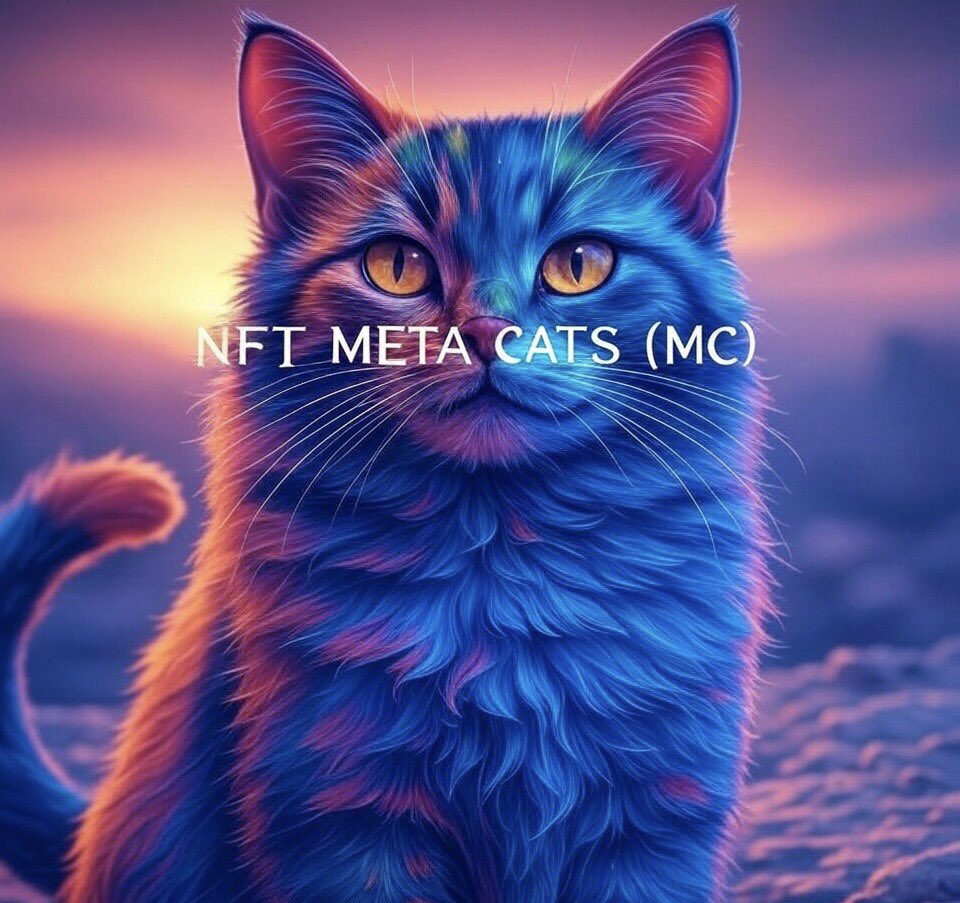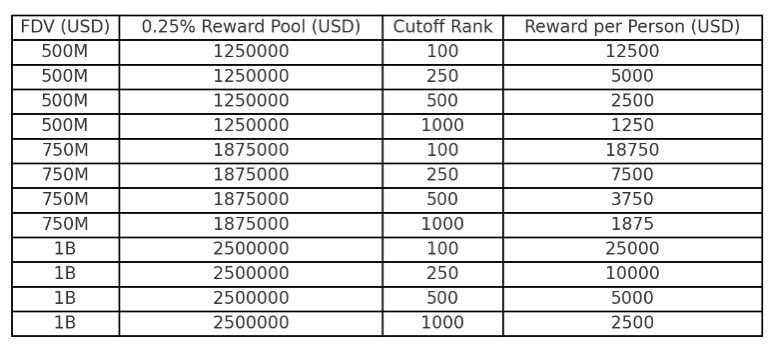Navigating the AI Revolution: Insights and Implications in 2025
—
An Introduction to the AI Landscape in 2025
Artificial Intelligence (AI) has evolved from a niche technological curiosity to a central driver of innovation across industries by mid-2025. The advances in machine learning models, natural language processing, and AI integration with other cutting-edge technologies like blockchain and IoT have not only expanded AI’s capabilities but also raised new questions about its societal impact. This report delves deeply into the present state of AI, exploring its multifaceted applications, the evolving community driving its development, and the dynamic market forces shaping its trajectory.
Exploding Use Cases: From Creativity to Automation
AI’s expansion into everyday life has accelerated quickly. Creative fields now routinely harness AI for novel content generation — be it text, images, music, or video — empowering creators to break new boundaries. Tools that once required extensive human involvement, such as video editing or coding, have been partly or fully automated by intelligent algorithms.
Simultaneously, AI’s role in automation has grown across sectors like manufacturing, finance, and customer service. AI-driven bots handle complex customer interactions, predictive analytics optimize supply chains, and intelligent systems automate quality control. Importantly, these advances don’t merely substitute human effort but complement it by enabling workers to focus on higher-value tasks.
The AI Community: Collaboration and Competition
The AI ecosystem is a vibrant mix of open-source projects, private companies, and academic institutions. Platforms like GitHub and AI forums have become lively hubs where developers share code, datasets, and research findings, accelerating progress through community collaboration.
Yet competition remains fierce as tech giants and startups alike race to push the envelope. The release of increasingly powerful language and vision models fuels this competition, driving rapid iteration cycles. However, the community also grapples with ethical challenges, encouraging discussions about transparent AI, fairness, and accountability. These conversations increasingly shape development priorities and regulatory approaches.
Market Dynamics: Valuation, Investment, and Integration
From a financial perspective, AI commands enormous capital inflow — venture funding, M&A activity, and public market enthusiasm remain high. The valuation of AI-centric firms often reflects market optimism about the transformative potential of their technologies.
Integration across industries is a key trend. Enterprises are adopting AI-powered tools tailored to specific workflows, resulting in the rise of AI-as-a-Service platforms. These offerings simplify AI deployment, making advanced capabilities accessible to businesses lacking extensive in-house expertise.
Moreover, the intertwining of AI with technologies such as blockchain is spawning novel service models. For example, decentralized AI marketplaces and data exchanges enable collaborative model training while preserving user privacy, revealing a future where trust and decentralization co-exist with AI innovation.
Challenges in Trustworthiness and Regulation
Despite promising advances, trust remains a significant hurdle. Issues such as data privacy, algorithmic bias, and explainability continue to cause concern. Regulators worldwide are increasingly active, implementing frameworks to govern AI deployment and protect consumers.
The struggle to create AI systems that are interpretable and fair is driving new research into algorithmic transparency. Standards and best practices for auditing AI systems are emerging, aimed at safeguarding against unintended consequences.
AI and Society: Shaping the Human Experience
The societal impact of AI is profound and multifaceted. On one hand, AI promises to enhance quality of life through improved healthcare diagnostics, personalized education, and environmental monitoring. On the other hand, it raises questions about job displacement, surveillance, and digital equity.
A growing number of initiatives focus on inclusive AI development, emphasizing accessibility for underrepresented communities and mitigating potential harms. Public discourse is increasingly acknowledging the need for AI literacy to empower citizens in navigating an AI-pervasive world.
—
Looking Forward: AI’s Next Frontiers and Ethical Imperatives
As AI continues to evolve, its trajectory will be shaped by technological breakthroughs, market forces, and societal choices. Future developments may include more generalizable AI systems capable of cross-domain reasoning and greater human-AI collaboration.
The imperative to align AI innovation with human values grows ever stronger. Stakeholders—from developers and corporations to regulators and users—must engage in ongoing dialogue to balance opportunity with responsibility.
In this unfolding landscape, those who thoughtfully integrate AI’s power while remaining mindful of ethical considerations will not only lead in innovation but also contribute to building a future where AI enriches humanity in meaningful ways.
—
References and Further Reading
– AI and Creative Industries: A 2025 Overview
– Open-Source AI Collaboration Platforms
– AI-as-a-Service Market Insights
– Regulatory Frameworks for AI
– Ethical AI and Transparency Studies
– Societal Impact of Artificial Intelligence
—
This report aims to present a nuanced and engaging understanding of the AI landscape as of mid-2025, illustrating how innovation, community dynamics, market trends, and ethical considerations intertwine to shape the future of AI.





